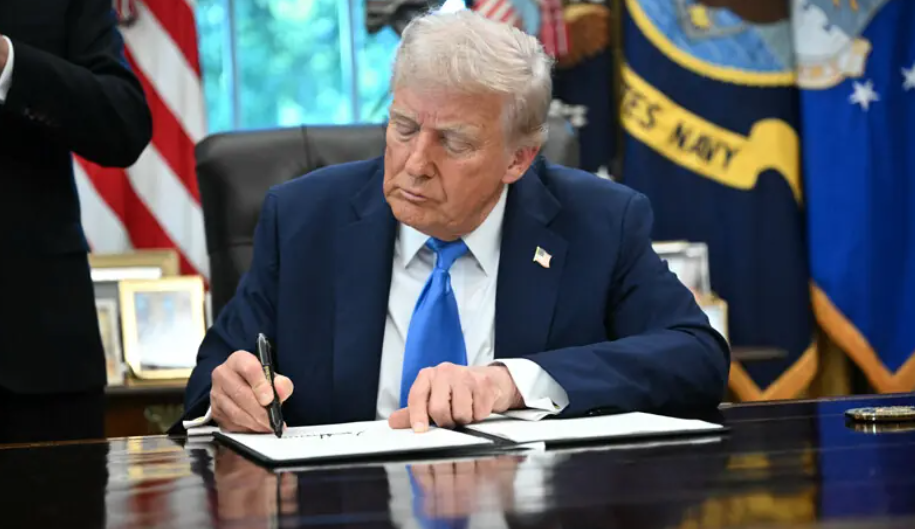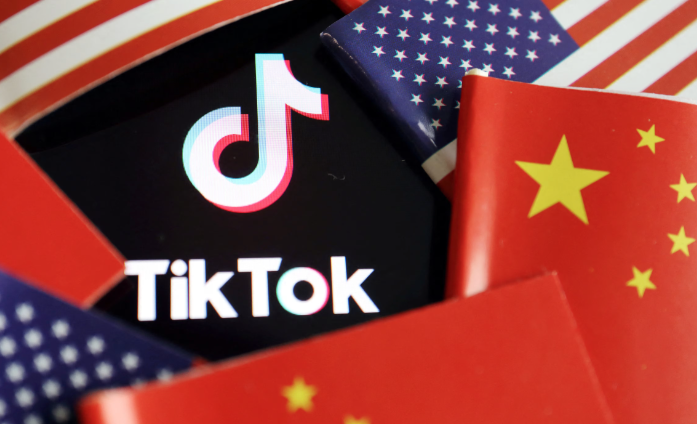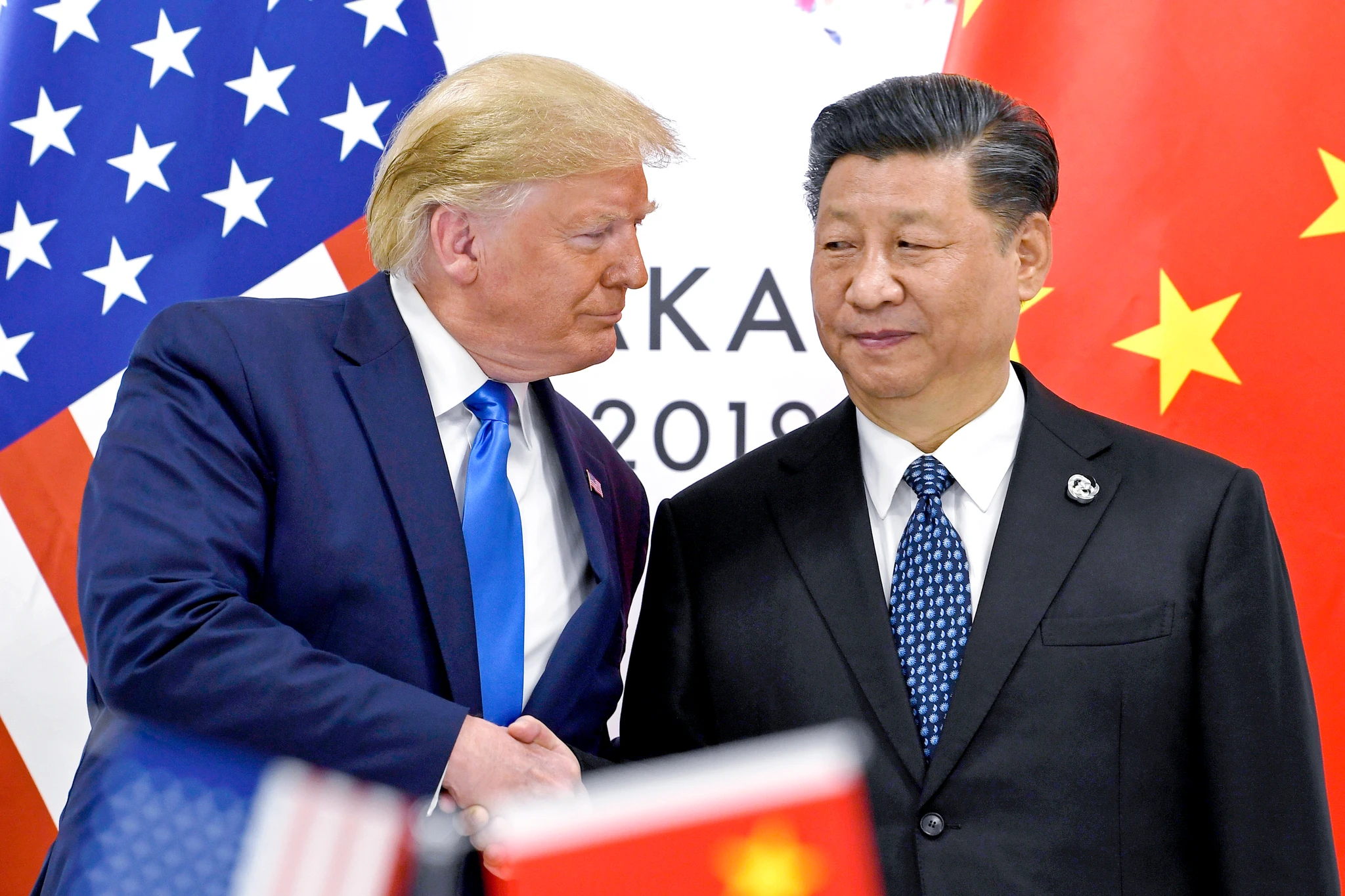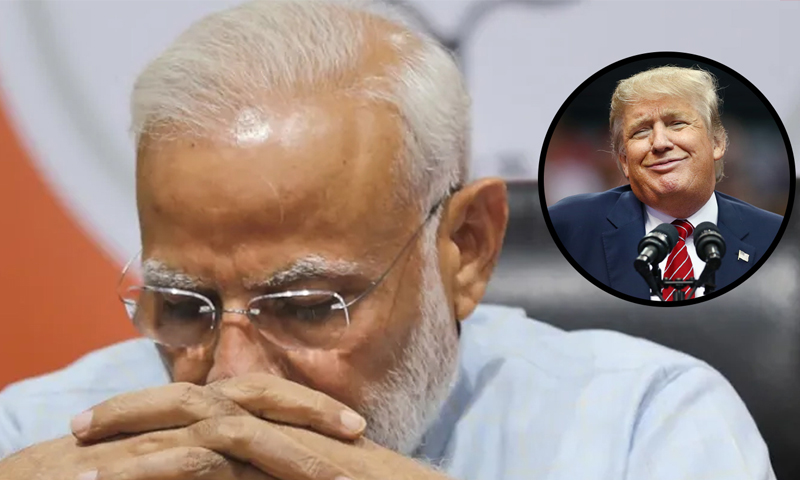WORLD NEWS

US President Donald Trump on Friday ordered a sweeping new measure imposing an annual $100,000 fee on H-1B skilled worker visas, a move that could significantly disrupt the American technology sector and strain relations with India.
The order, signed in the Oval Office, comes alongside the launch of a $1 million “gold card” residency program, providing a fast-track to US residency for wealthy applicants or $2 million for corporate-sponsored applicants.
“The main thing is, we’re going to have great people coming in, and they’re going to be paying,” Trump said while signing the orders.
Impact on Tech Industry
The H-1B visa program, which allows companies to employ foreign professionals such as engineers, scientists, and computer programmers, has been a backbone of the US tech industry. Each year, 85,000 visas are issued through a lottery system, with Indian nationals making up about 75% of recipients.
Large American technology firms, including Silicon Valley giants, rely heavily on Indian talent to fill critical roles. Business leaders and tech entrepreneurs — including Elon Musk — have long warned that curtailing the H-1B program could undermine the US’s global tech dominance due to shortages of local talent.
Commerce Secretary Howard Lutnick, present during the signing, defended the policy, saying, “All the big companies are on board.”
India’s Response
India, the largest source of H-1B workers, strongly criticized the fee hike. The Indian Ministry of External Affairs warned the policy would disrupt families and carry “serious humanitarian consequences.”
India’s leading trade body Nasscom also voiced concern, criticizing the sudden implementation timeline. “A one-day deadline creates considerable uncertainty for businesses, professionals, and students across the world,” Nasscom said in a statement, calling for longer transition periods.
Policy Timeline and Legal Challenges
The new $100,000 annual fee will apply starting Sunday. The Homeland Security secretary will retain the authority to exempt individuals, companies, or industries. The order is valid for one year but can be extended.
This is the latest step in Trump’s broader second-term immigration crackdown. His earlier attempts to restrict H-1B eligibility during his first term faced court challenges.
The US approved around 400,000 H-1B visas in 2024, with two-thirds being renewals. The program saw its highest approval rates in 2022 under then-president Joe Biden, while rejection rates peaked in 2018 during Trump’s first administration.
Gold Card Residency Program
In addition to the H-1B visa changes, Trump introduced a “gold card” residency scheme, offering expedited US residency for individuals paying $1 million, or for corporate sponsors contributing $2 million. “I think it’s going to be tremendously successful,” Trump said.
Uncertain Future
Legal experts suggest the $100,000 fee could face judicial scrutiny, as past H-1B restrictions did. Meanwhile, tech companies, Indian professionals, and trade bodies brace for disruptions that could reshape both the US job market and international talent flows.




